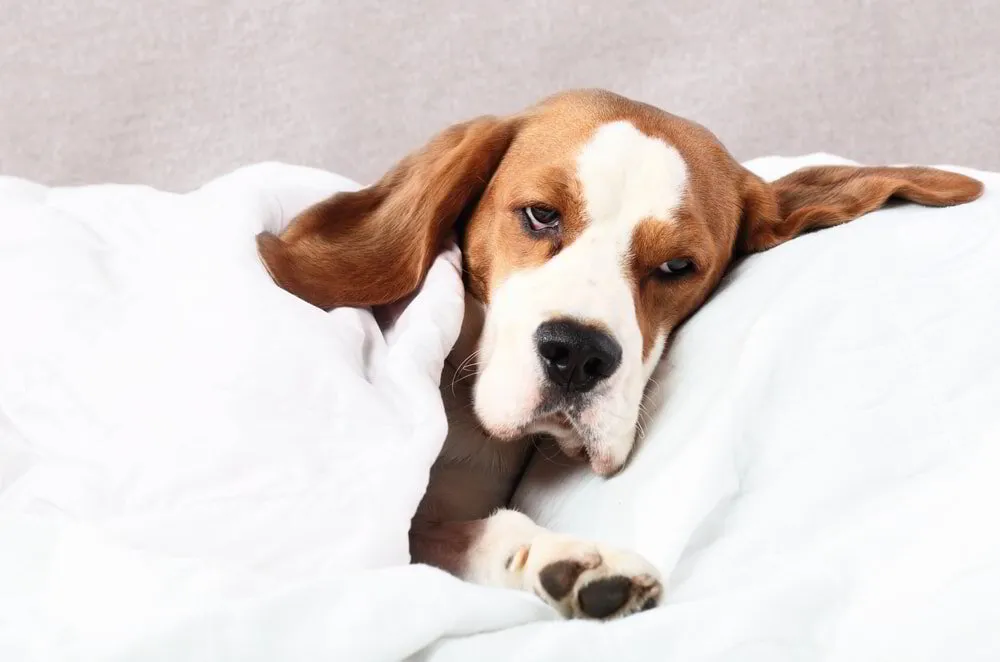Courtesy of: © Dr. Liza – https://www.drliza.co.nz/
Link to original post: https://www.drliza.co.nz/top-tips-for-digestive-upsets/
In this video, I’ll be covering my top tips for digestive upsets in pets. I'll be discussing some of the most common causes of stomach upset in dogs and cats, as well as what you can do help your furry friends feel better fast!


